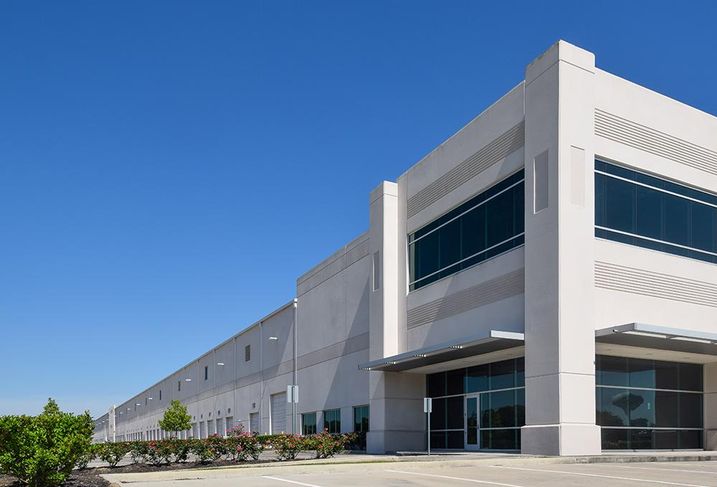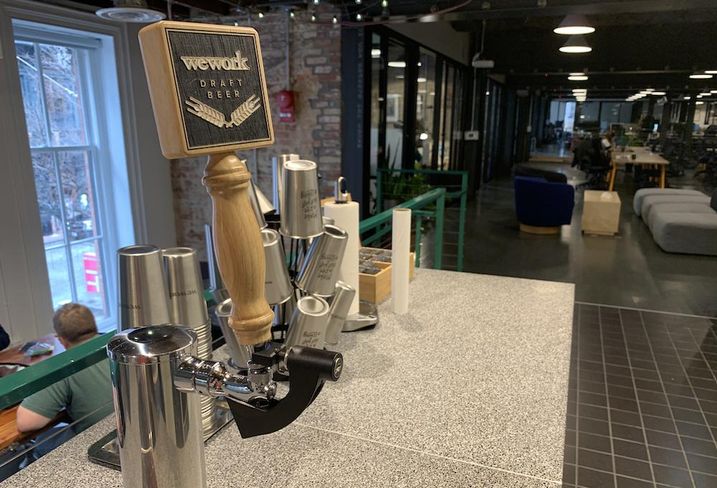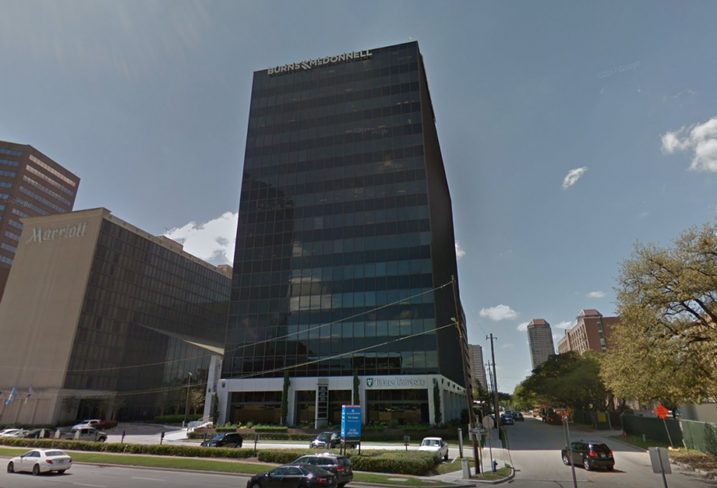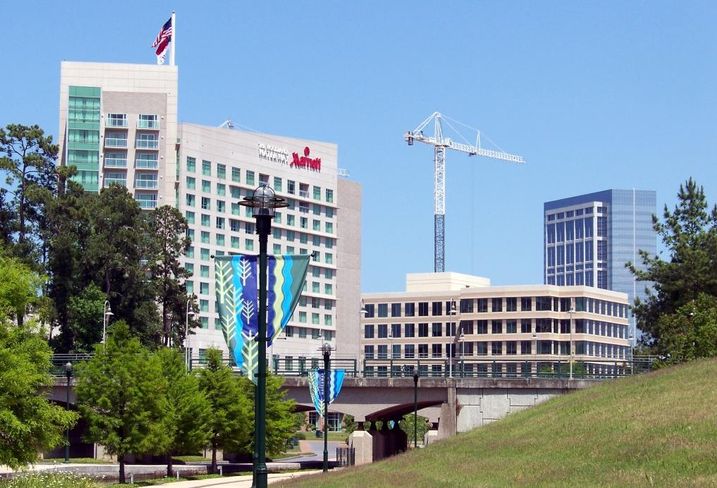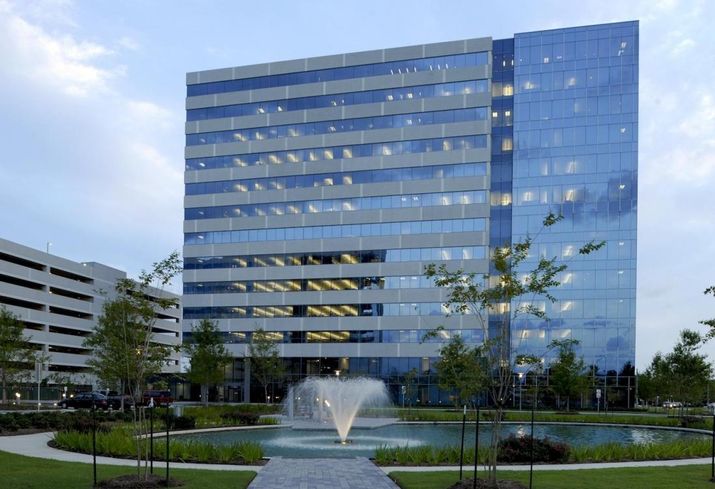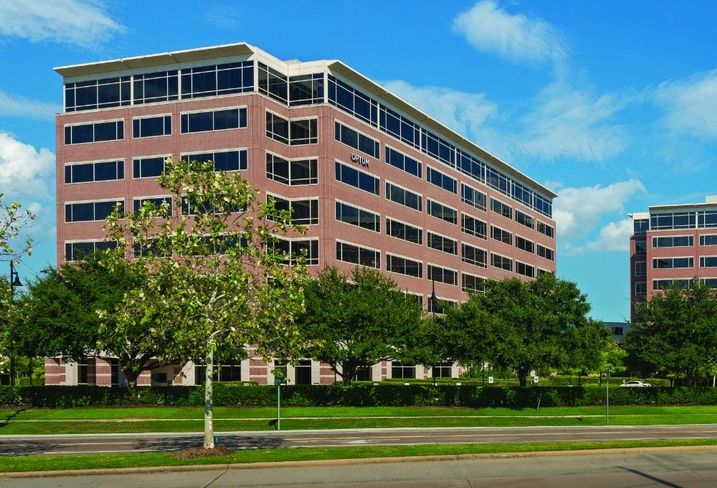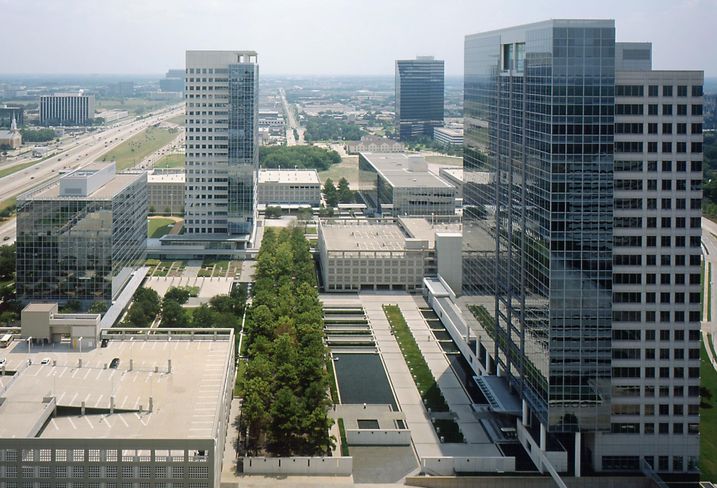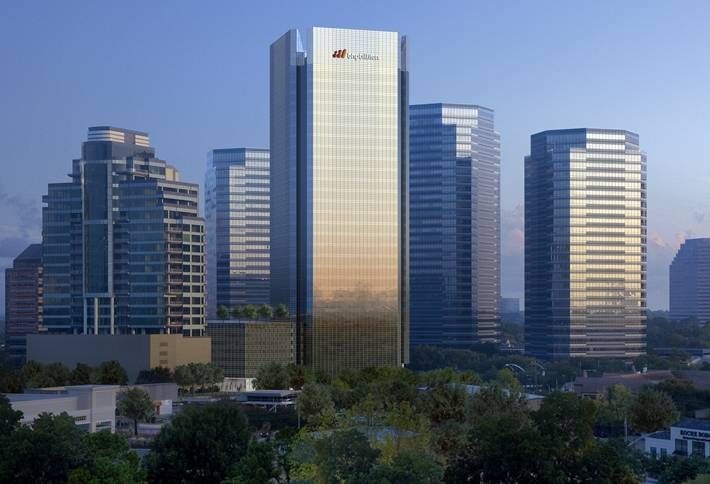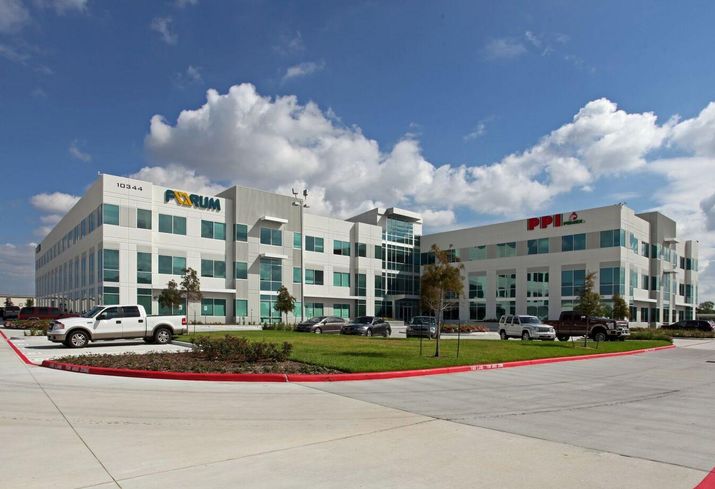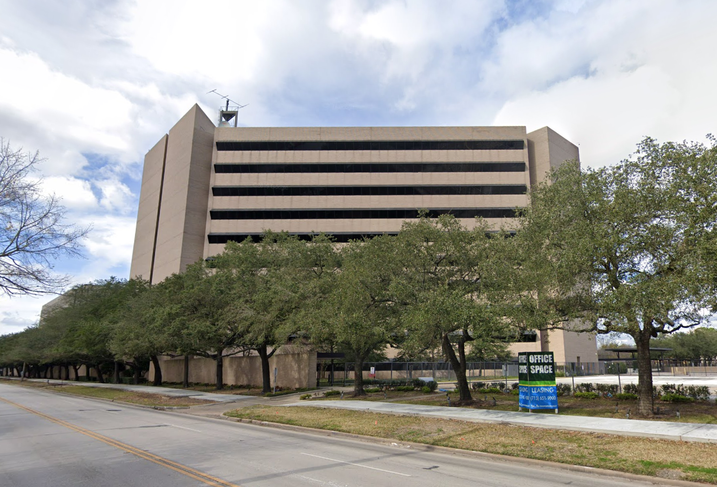Houston’s office market is bracing for another tough year as the energy industry shrinks in the face of lower oil prices, which dipped this week to their lowest level in more than a year.
“It remains a tenant’s market,” Lucian Bukowski, an executive vice president with CBRE, said. “I see that continuing.”
Oil companies, which have been steadily cutting costs and laying off workers, account for more than 30 percent of the local office market, said Bukowski, who represents companies looking for space. Demand is falling among other industries, as well. Leasing activity last year was down 17 percent from the previous year, CBRE data show.
That all amounts to a harsh reality for landlords carrying empty office space, and there are a lot of them. The vacancy rate for so-called Class A buildings — the newest properties with the most amenities — was 17 percent at the end of last year, the highest it’s been since at least 1992.
Large blocks of empty space fill skyscrapers from the city center to the suburbs. One of the former Anadarko towers in The Woodlands will be vacant by next month. The company was acquired by Occidental last year and employees are being consolidated.
Bob Parsley, co-chairman and principal in the Houston office of Colliers International, which is leasing the building for owner Howard Hughes Corp., said there’s been a strong interest in the tower.
“We were frankly very happy to get this building into the Howard Hughes portfolio because we didn’t have much space to lease,” Parsley said. “That market is tight up there.”
Jobs added – elsewhere
While certain submarkets have done better at controlling inventory, vacancy market-wide ended the year at 19 percent, well above the 10-year average of 15.3 percent, CBRE’s data show. Combined with sublease space, overall vacancy jumped to 22 percent across Houston.
Energy tenants are critical to the local office market. Yet employment in the industry is shrinking.
Houston is expected to gain 42,000 new jobs this year, but it will lose 4,000 in the energy sector, according to the Greater Houston Partnership.
Prime Property: Get Houston real estate news sent directly to your inbox
The energy sector won’t be a significant driver of demand for potentially years, said Patrick Duffy, president of Colliers International in Houston. Growth in 2020 is expected to come from health care, government, accommodation/food services, and construction, yet many of those companies are not big enough to lease the large blocks of space currently on the market.
“A huge medical deal is 100,000 square feet. A big law firm is 60,000, 70,000 square feet. And we need to take down millions of square feet,” Duffy said.
Houston is a roughly 213 million-square-foot office market. It could be a decade before the market returns to equilibrium, meaning anywhere from 11 to 13 percent occupancy, Duffy said.
“That’s assuming we don’t build a lot more and we don’t have a recession,” he said.
Powershift
Companies shopping for space today have leverage. Landlords are offering free rent, parking discounts, and generous tenant improvement allowances. Annual per-square-foot asking rents in Class A buildings range from $32.20 in the suburbs to $54.67, according to Colliers.
Bukowski, speaking at a commercial real estate market briefing last week, said landlords generally make money when their buildings are 85 percent to 90 percent leased.
Houston has 82 buildings with at least 100,000 square feet of space available. Twice as many buildings have at least 50,000 square feet up for grabs.
That’s why so many property owners are making improvements. Even Williams Tower, one of the city’s most prestigious office buildings, is undergoing a lobby facelift.
While the major energy players aren’t expanding — and are increasingly looking for ways be more efficient within their buildings — smaller, more entrepreneurial business is growing, said Griff Bandy, a partner with commercial real estate firm NAI Partners.
Bandy recently represented XCL Resources, a private oil, and gas firm, in a lease for 16,328 square feet at M-K-T, a new adaptive reuse project in the Heights. JLL is representing the landlord, a partnership of Radom Capital and Triten Real Estate Partners.
The development includes a collection of industrial buildings that are being repurposed to house offices, shops, restaurants and health, and fitness concepts.
Bandy and others said companies are looking for spaces that will wow potential employees and help retain the ones they have. To that end, new mixed-use developments and downtown towers with an abundance of amenities are winning out.
Colliers data show Houston office buildings constructed after 2005 have an 11 percent vacancy rate.


